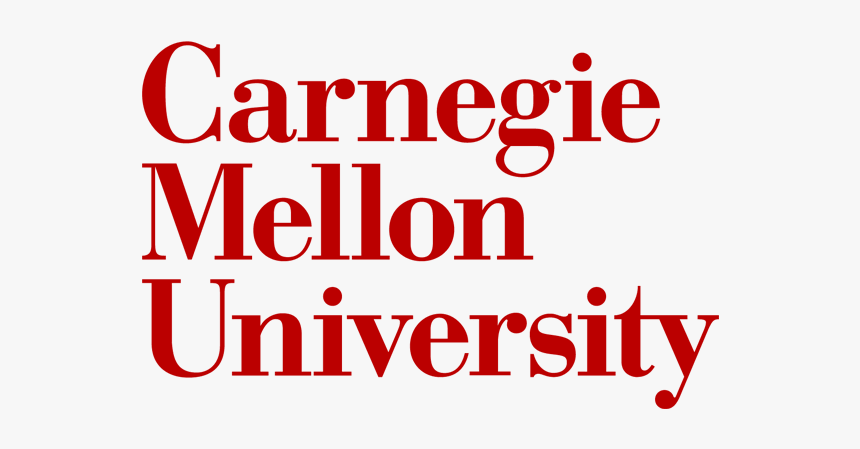Carnegie Mellon University: VentureBridge Showcases Alumni StartUps
Entrepreneurship can be hard. Small teams start with a crumb of an idea that they build and shape over time into something impactful — something they can scale. But they need funding, access to workspace and talent, distribution networks and customers. It can be a long, lonely, though incredibly fulfilling process.
That’s where Carnegie Mellon University’s VentureBridge program aims to help.
An initiative of CMU’s Swartz Center for Entrepreneurship and in its fourth year, VentureBridge is a free business accelerator exclusively for alumni. Over 12 weeks, participants receive focused support from CMU leadership, build connections and troubleshoot with fellow founders, and meet mentors and potential investors. Acceptance into the program comes with co-working or incubation space and a $25,000 investment funded through the Robert and Kathleen Dobkins Intuitive Foundation.
“Hopefully this is just the beginning of a long journey for our founders,” said Namrata Banerjee, director of VentureBridge, a CMU entrepreneur-in-residence and a 2004 Dietrich College of Humanities and Social Sciences graduate. “It takes hard work and passion just to get started. We want to put together a support system they can always count on whether they’re happy, frustrated, exhausted or proud.”
“VentureBridge is a lifelong support program that proves that just because you graduate doesn’t mean we say goodbye to you. CMU is always your home.” — Aleksandar Petkov
The 2021 summer cohort showcased 16 pre-seed and seed-stage companies. For some, the CMU investment marked their first big check. Others started out a round or two in, already courting venture capital and private backing.
They all still need different things, Banerjee said.
“Time and space to think more deeply about their product or their customers, to develop their business model or investor pitch. Maybe they need introductions to people who can help. Maybe they’re hiring. We can bridge those gaps,” she said.
The summer program culminates in Demo Day, which has expanded in its virtual format to bring together hundreds of CMU supporters from across the globe.
Founder Hetal Parekh presented this week for EnerYields, which began as an extension of her 2019 doctoral work in the School of Architecture. With just a handful of contractors, Parekh is building a first-of-its-kind, comprehensive database of green incentives and specialized financing to help commercial real estate owners find cost-effective funding for green building projects. After a soft-launch pilot in Pennsylvania, EnerYields has expanded to New York.
“As a solo founder, I always thought that put me behind the competition, but working with VentureBridge helped me refine my thinking and see my product as others would,” Parekh said. “Even with us being the largest cohort they’ve had so far, with companies at all different stages and working in totally different industries, they still programmed workshops and speakers that would add value for everyone.”
Equa Health is the world’s first personal mindfulness training technology, which aims to build resilience and team cohesion in the workplace. Co-founder Mathew Polowitz is a recent graduate of the dual master of science in public policy and MBA degree program from the Tepper School of Business and Heinz College of Information Systems and Public Policy. He said he knew about the work of co-founder David Creswell before attending CMU.
As principal investigator for the Health and Human Performance Lab and associate professor of psychology in Dietrich College, Creswell has been devoted to mind-body relationships. Likewise, Polowitz had practiced and taught meditation for many years. After the pandemic began last year, the two discussed their shared passion and how they could reach more people at home. They started by raising funds and tapped Tartan talent for backend development, Polowitz said. The summer accelerator was a huge next step.
“It was really mind-opening for us to be surrounded by supportive people who get what we need and what we’re trying to do,” he said, citing everything from real-time feedback on Equa’s market strategies to frequent introductions to potential investors. “Thanks to this ecosystem, we have a real roadmap for the future.”
VentureBridge is purposefully broad, with workshops and speakers able to directly advise on marketing and sales strategies, legal concerns, capital building and more.
This year’s cohort reflects that flexibility.
Some are focused on the future of work, such as Culturora, an employee connection engine to help companies retain remote workers; and Hardly, a recruiting and career enhancement platform that builds on organization psychology to match the best candidates with a company’s culture and team.
Skeema and Self.Best help individuals improve organization and increase workplace efficiency, and AdSkate and ViralMoment employ advanced AI to help brands better understand and harness their corporate reputation in an evolving digital space. ESTAT Actuation, Finish Robotics, Propheto and Mach9 Robotics are all taking on unique challenges in robotics and machine learning. MayaEats is a restaurant platform that is leveraging underutilized existing kitchens and staff, whereas EachDay is the first holistic ADHD self-management platform driven by data and neuroscience.
“They’ve all accomplished so much,” said Aleksandar Petkov, program manager for VentureBridge and LaunchCMU. Though this year’s virtual format is a departure from the program’s early years, he said it’s expanded CMU’s access and allowed organizers to book time with a much larger network of advisors.
Petkov said a hybrid version is likely to continue beyond the pandemic, as is their support.
“VentureBridge is a lifelong support program that proves that just because you graduate doesn’t mean we say goodbye to you,” he said. “CMU is always your home.”

